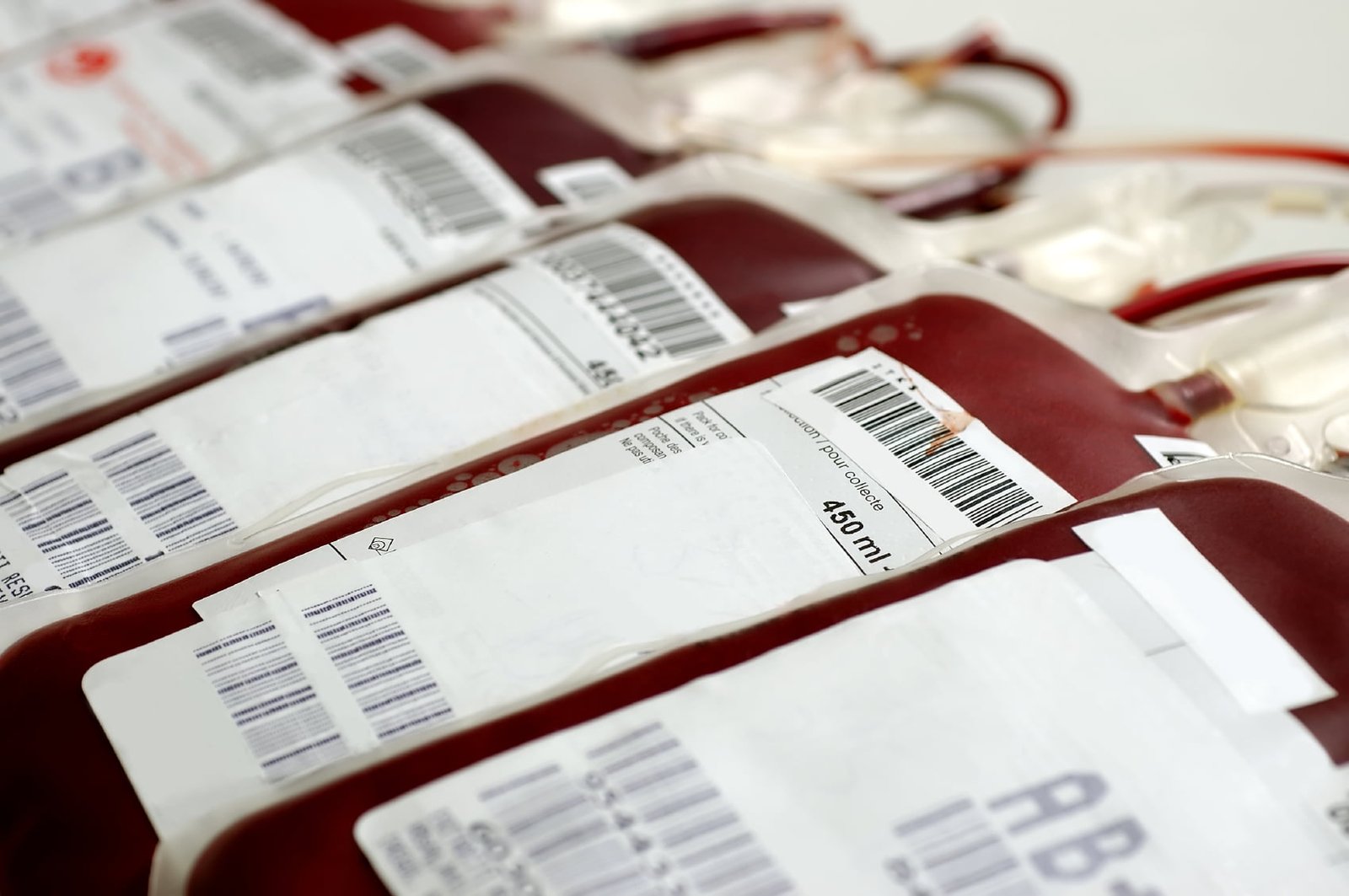Blood donations down year-over-year
NASSAU, BAHAMAS — Following an announcement by the Public Hospitals Authority (PHA) that Princess Margaret Hospital (PMH) is in dire need of donations, Minister of Health Dr. Duane Sands said that the shortage is not a new issue, but something health officials working to address.
He attributed the constant lack of donations to Bahamians donating solely to help friends and families, and not the wider public.
“Unfortunately, we are not very good at voluntary blood donations,” Sands told Eyewitness News Online.
“It’s only when one of our own get sick that we respond to the call.
“The consequence right now is that the blood bank is really dry.”
Sands indicated that blood drives supplement the hospital needs, but suggested there is not a regular flow of blood supplies coming in.
“Bear in mind that after a blood drive, we’ll top up and get to an acceptable level,” Sands said.
“But, relative to the critical needs of the country, we are always kind of hanging on.”
As a result of inadequate inflow of blood, the health minister said the blood bank is often not prepared for excessive emergency incidents as a result of trauma incidents.
According to Sands, between 2017 and 2019 the hospital received 1,500 patients with gunshots wounds, stabbings and assault-related injuries.
He noted that another 1,500 people were admitted with injuries as a result of traffic accidents.
He said this did not include cancer patients and those with kidney failure for example, who can also need blood.
Sands said, “When we move to 2018, 2019 the number is roughly the same.”
In a letter to the senior medical technologist requesting blood donations at PMH, Blood Bank Supervisor Everette Miller wrote that usually from June to mid-September and December through the end of January, there is an ongoing shortage of blood “due mainly to the fact that blood donors are either reluctant to or too occupied with vacations and other festivities that occur around these periods”.
“On the other hand, the demand for blood and blood products see drastic increases due to the increase in traumas and a lack of compliance to prescribed medications and recommended lifestyle changes,” she said.
Miller also indicated that that between January 1 and August 15, 2018, nearly 3,000 donors presented for blood donations, resulting in the collection of 2,209 units of blood.
She added that during the same period in 2019, 2,900 donors presented resulting I the collection of 2,171 units of blood.






